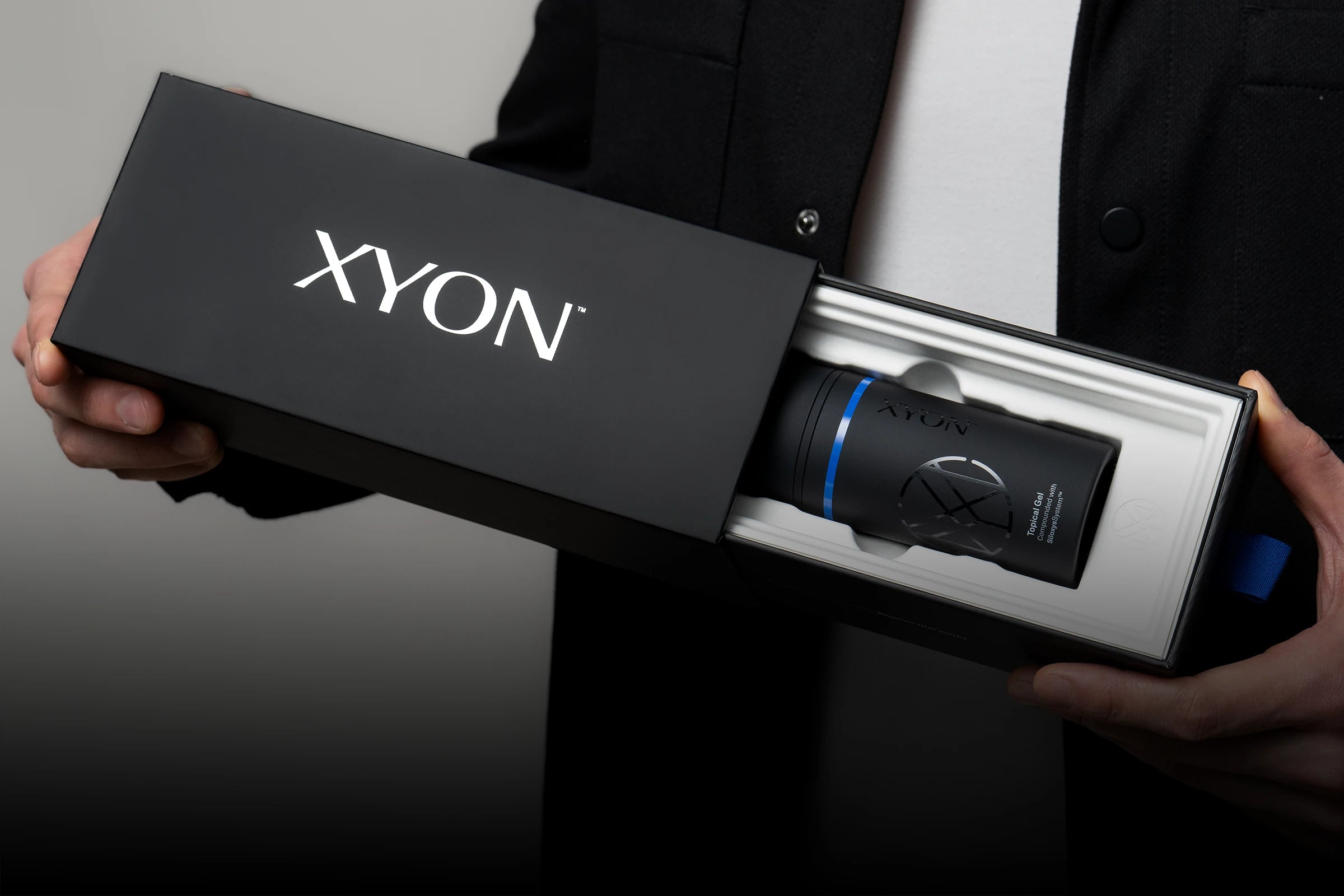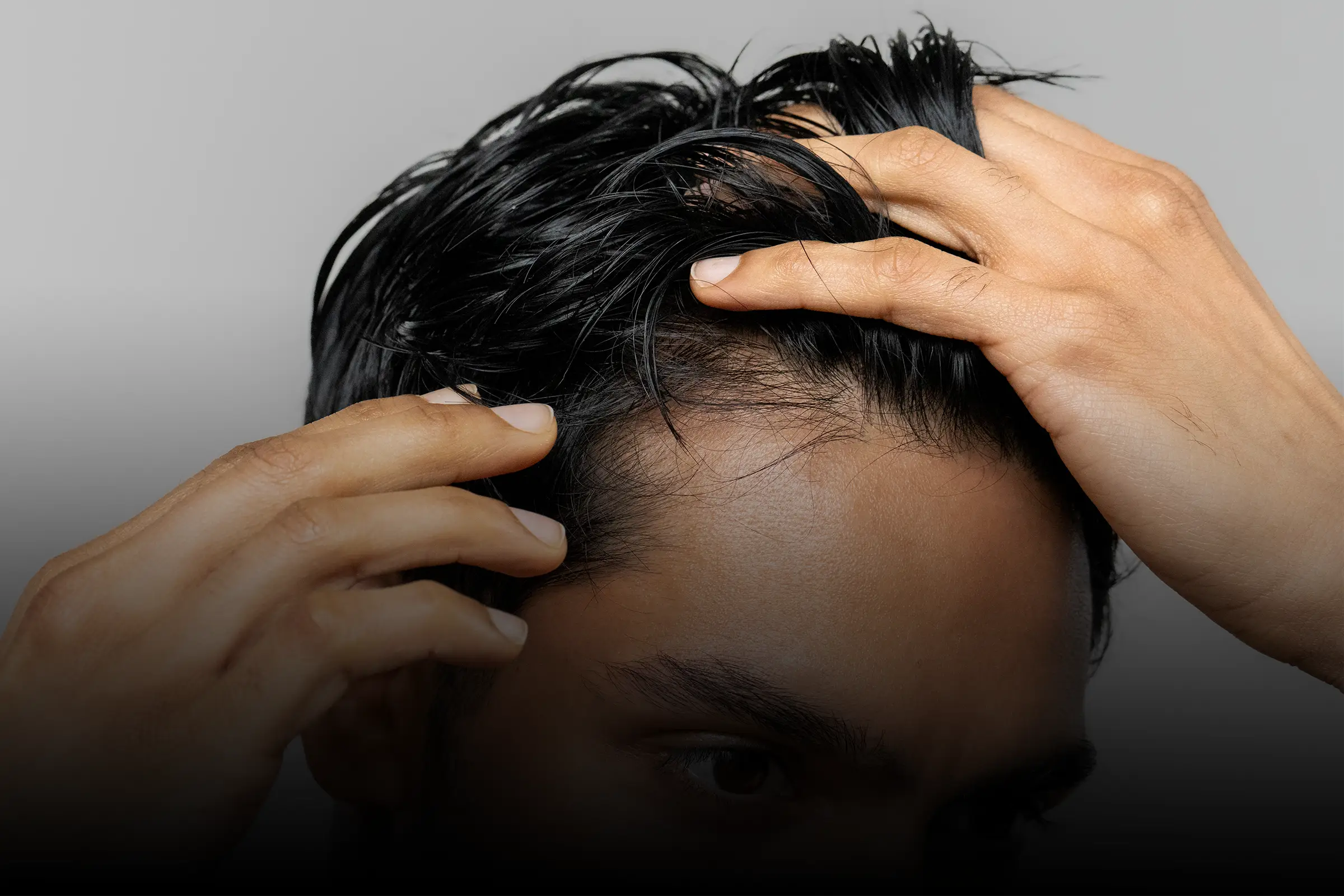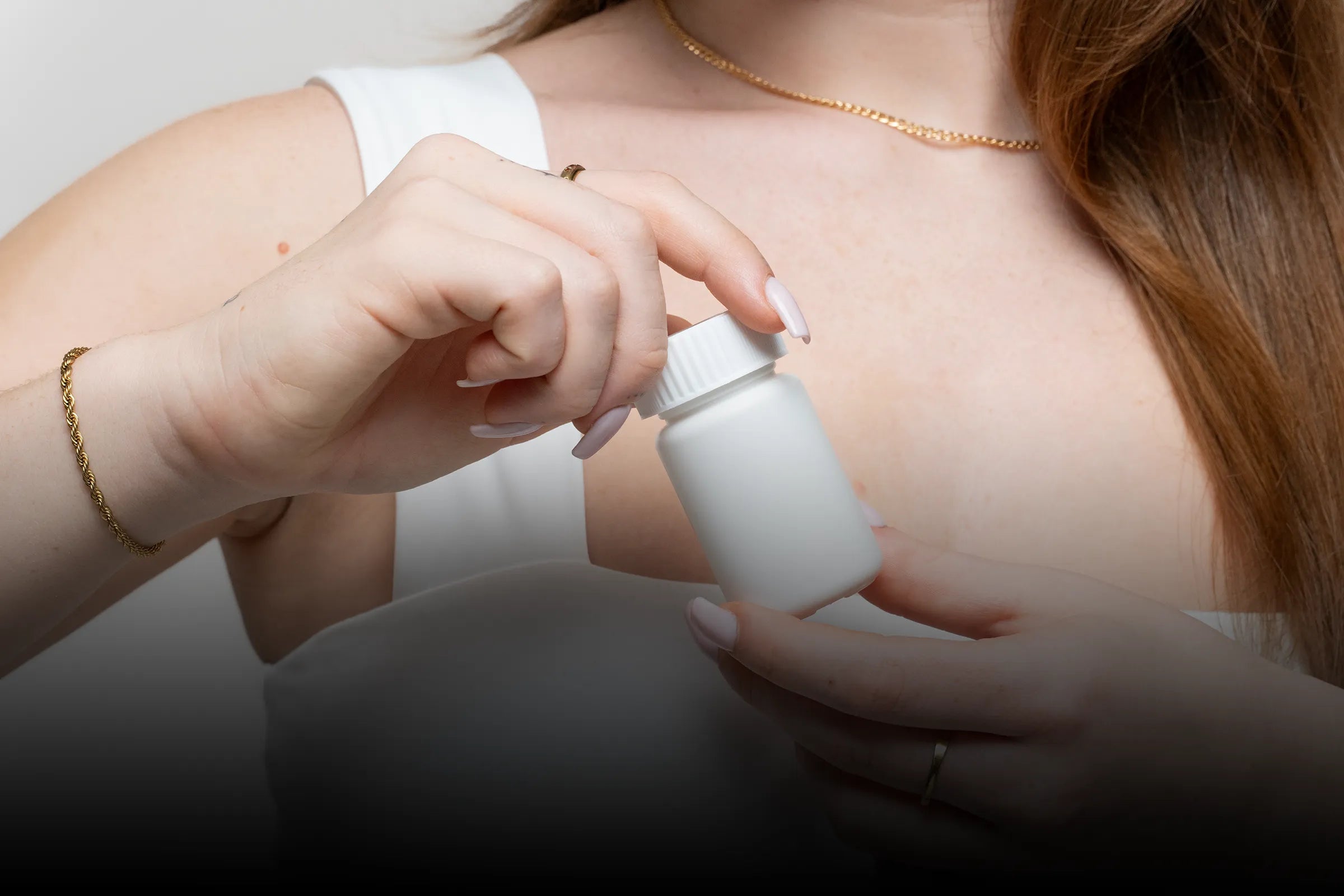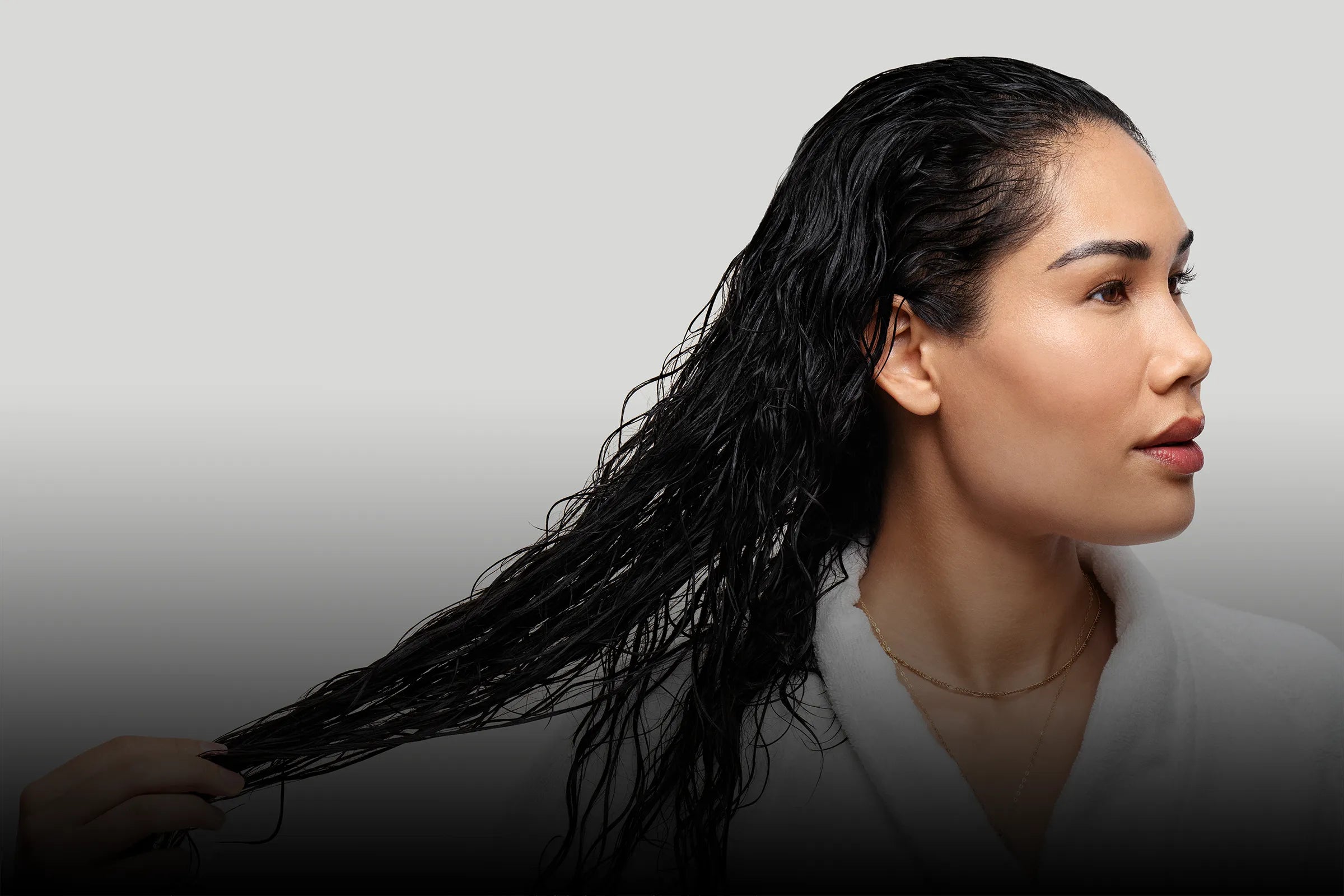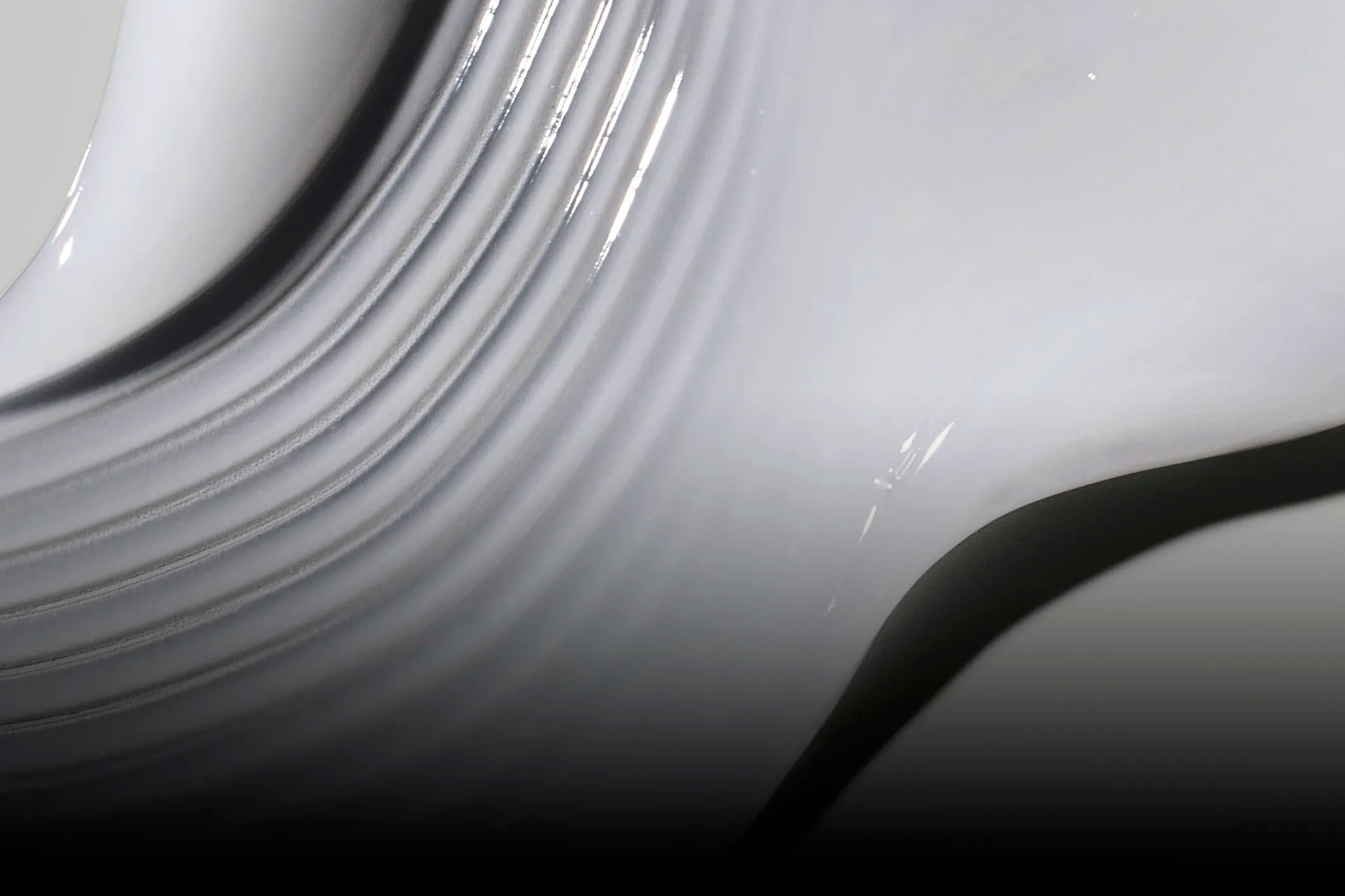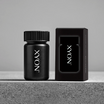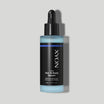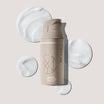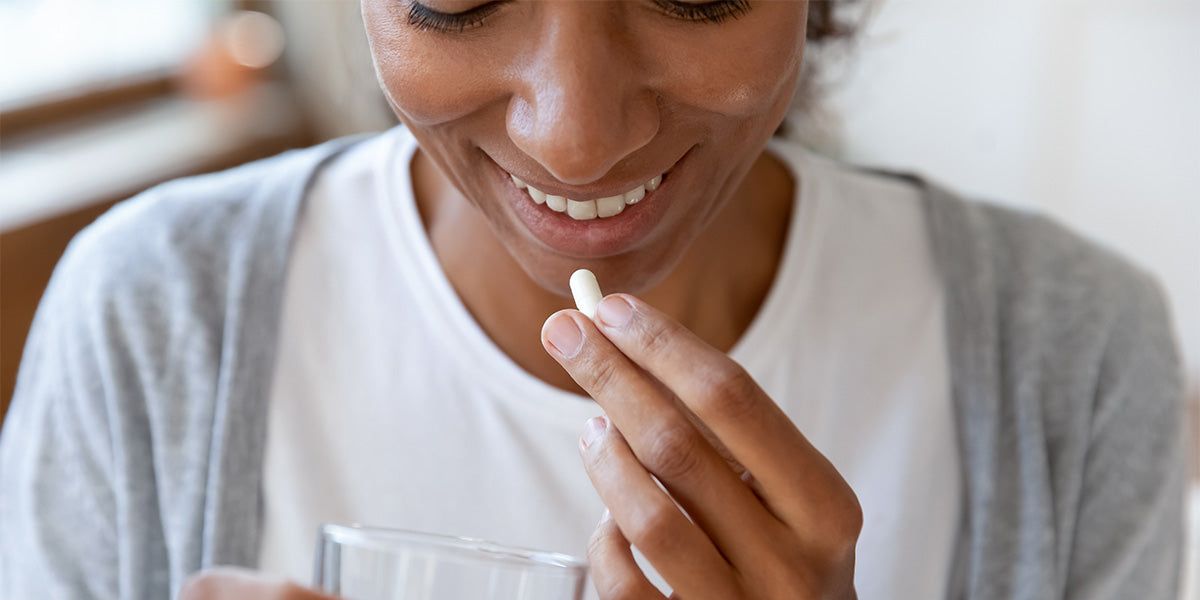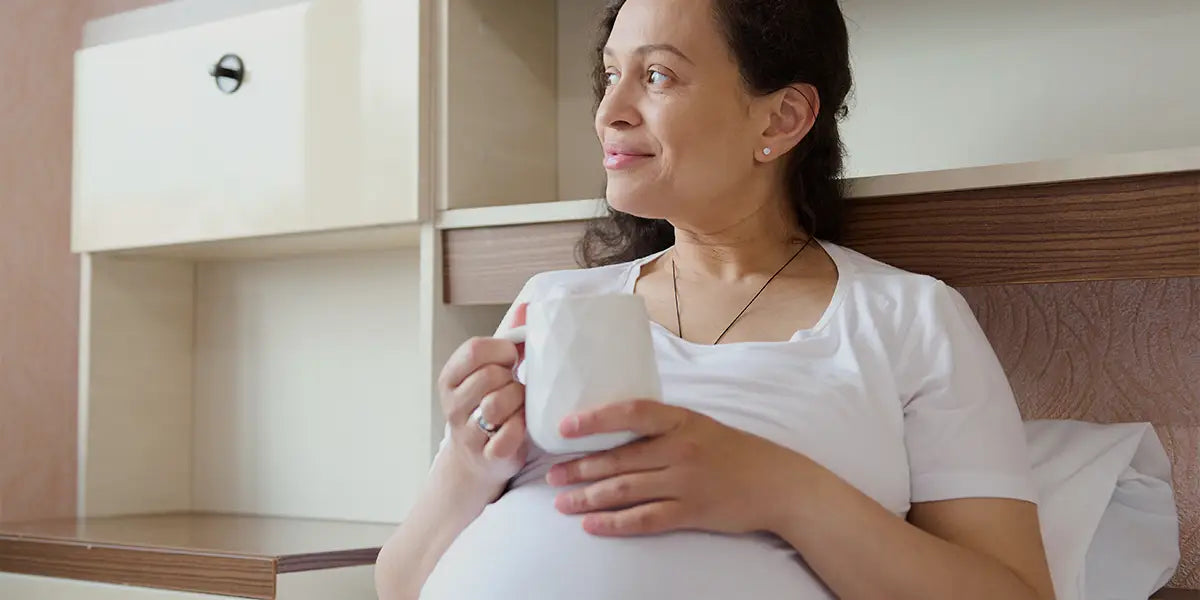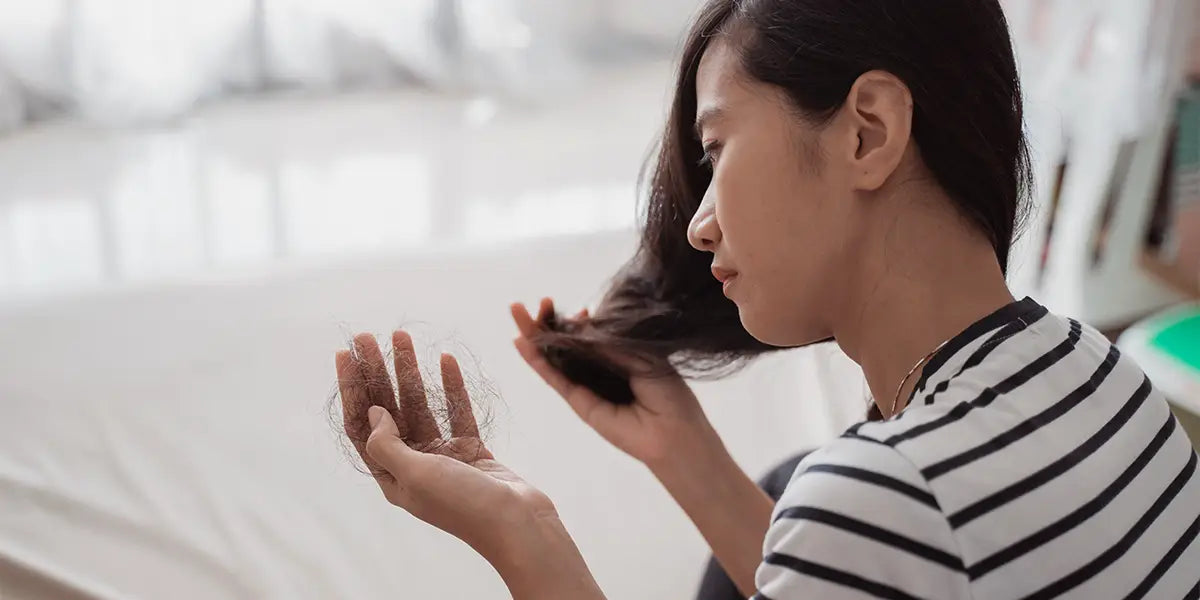Vitamins and nutritional supplements are mega popular and accessible ways to support hair and skin health, but with so many options available and the absence of standardized formulas, how do you know which ones really work? And are vitamins really a good option when it comes to combatting thinning hair? In this article, we’ll review what vitamins do for hair, which ones have some clinical evidence to support their efficacy and identify a few situations where vitamins could be beneficial for hair regrowth.
What are vitamins?
Vitamins are micronutrients that play key roles in maintaining normal cell growth and development and supporting the immune system. There are 13 major vitamins: vitamins A, C, D, E, K and eight types of vitamin B. Most vitamins (except vitamin D, which is made in the skin after exposure to sunlight) need to be obtained from food sources. Here’s a quick overview of the main types of vitamins and what they’re responsible for:
-
Vitamin A
Promotes eye and skin health, strengthens the immune system -
Vitamin C
Repairs cell damage and supports immunity, collagen production and absorption of iron (important in people are experiencing hair loss because of an iron deficiency) -
Vitamin D
Can be made in the skin, maintains bone, muscle and nerve growth, supports immunity and growth of keratin cells (keratin is a key structural protein in hair) -
Vitamin E
Protects against cellular damage -
Vitamin K
Blood clotting, tissue and bone health, keratin production -
B Vitamins
Support metabolism, DNA and protein synthesis, maintenance of blood and nerve cell health
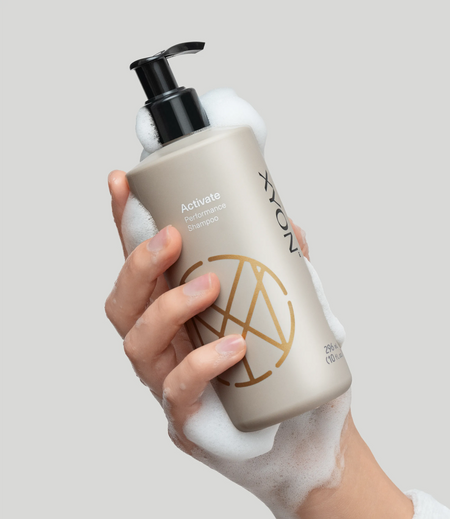

Our Women's Natural Hair Loss Solutions Are Available Now!
XYON's natural women's hair loss solutions use the perfect blend of all natural ingredients known to help combat hair loss in women.
Vitamins clearly contribute to the growth and development of hair cells, but we don’t recommend relying on these and/or other supplements like collagen to combat thinning hair. This is because there are many types of hair loss, each with their unique causes. Some types of hair loss are autoimmune in nature, while others are genetically driven. Unless hair loss is specifically due to a nutrient or mineral deficiency, vitamins and hair loss supplements might not be enough to support significant hair regrowth.
The best vitamins for hair loss
Vitamins and hair loss supplements won’t work for every type of hair loss, but there are a few micronutrients that may play more specialized roles in the maintenance of healthy hair. These are vitamins D, B7 (biotin), C and iron and they help in various ways by influencing hair growth cycle dynamics, protecting against cellular damage and/or improving hair’s strength and structure. If you’d like to add a vitamin or supplement to your routine, choosing formulas that include these components could be a good place to start.
Vitamin D seems to be indirectly beneficial to hair growth. It’s widely accepted that vitamin D has anti-inflammatory effects and plays a key role in mediating the immune response.
These anti-inflammatory effects could be important for hair loss conditions that involve an inflammatory aspect, like autoimmune alopecia areata or androgenetic alopecia (pattern hair loss). Studies have shown a correlation between high levels of inflammatory agents in the bulb region of the hair follicle (where stem cells are found) and disruption of the hair growth cycle in patients with pattern hair loss (Peyravian et al., 2020). The same immune cells can also trigger processes that cause hair follicle cells to die prematurely.
Two studies conducted in 2013 and 2016 identified a possible link between female patients with pattern hair loss and decreased blood levels of vitamin D (Rasheed et al., 2013 and Banihashemi et al., 2016). Although more research is needed, if you’re worried about hair loss, ensuring that you receive adequate amounts of vitamin D could be helpful.
In addition to keeping inflammation under control, vitamin D is also noted to influence the growth and development of hair cells that produce the protein, keratin. Keratin makes up the majority of hair’s structure and a series of small case studies revealed that people with genetic conditions that prevent vitamin D from exerting its effects also suffer from hair loss (Almohanna et al., 2019).
Arguably, no micronutrient is more famous than biotin (or vitamin B7) for hair growth. It's one of the most widely used and marketed supplements for hair growth and is believed to play a role in the chemical reactions that help break down fats, sugars and proteins and provide energy for hair cells. It may also influence the hair growth cycle and keratin protein production.
Based on available data from various small scale and case studies, benefits have been observed in patients with a clinical deficiency in biotin. One study examined the effectiveness of biotin supplementation in 18 patients with a confirmed biotin deficiency (e.g. presence of hair and/or nail abnormalities) (Patel et al., 2017).
Although patients followed different dosing schedules and there was no standard duration of treatment, all patients were reported to have experienced clinical improvements in hair and/or nail growth after taking biotin. While these results are positive, it’s important to understand that true biotin deficiencies are rare and while supplementation is not generally harmful, it may be difficult to accurately gauge how impactful it is to hair growth.
Vitamin C, hair growth and iron deficiency
Most people are probably also familiar with vitamin C. It’s a powerful antioxidant that protects cells and their genetic material (i.e., DNA) against damaging molecules called free radicals. This ensures that cells continue to grow and divide normally and is extremely important for fast growing cells like hair and skin cells.
The scalp and hair are exposed regularly to sunlight which can cause oxidative damage over time. This is essentially the buildup of free radicals. One in vitro study assessed the potential usefulness of vitamin C in minimizing this damage. Vitamin C was applied to skin exposed to UVB radiation and results showed that it could help reduce free radical production, as well as levels of inflammatory factors (Kawashima et al., 2018).
Vitamins for hair loss in women
It’s common for vitamins and nutritional supplements to have gendered formulas. While it's true that men and women have specific nutritional needs depending on biological sex and stage of life, it’s hard to know whether hair growth as a biological process is as differentiated—to be clear, the causes of hair loss are unique in men and women, but the micronutrient demands may not be so different.
For women, there is some data that suggests that consuming enough vitamin C is important because it influences absorption of iron, a mineral that many female patients need to supplement. Iron deficiency has been associated with both telogen effluvium (stress induced hair loss) and pattern hair loss in women. Experts are still trying to understand how exactly iron influences hair growth, but preliminary investigations point to a possible role in regulating the hair growth cycle.
As a side note, over supplementation with iron can be harmful, so it’s a good idea to confirm your daily requirements and check dosing with your doctor. Your doctor can also help determine whether there might be something else responsible for your hair loss.
Can low B12 cause hair loss?
Probably not. Vitamin B12, also known as cobalamin, is involved in metabolic processes, DNA and protein synthesis. For these reasons, it’s theorized that B12 may be important to fast growing hair cells, and that a deficiency could result in hair loss.
The good news is that hair loss has not been directly associated with low vitamin B12 levels. In fact, two studies conducted in Turkish populations that compared blood concentrations of B12 in participants with and without hair loss due to alopecia areata found no significant differences in the micronutrient between affected and healthy individuals (Gonul et al., 2009 and Ertugrul et al., 2013).
Still, if you suspect that you might have a deficiency in any of the micronutrients discussed in this article, we recommend that you consult with your doctor or other healthcare professional to make sure that this is properly investigated.
Vitamins for hair loss: takeaway
Do you need to take vitamins for hair loss? There’s conflicting evidence surrounding the use of vitamins and other hair supplements to treat hair loss. Key factors in the maintenance of optimal hair (and really, overall) health are eating a balanced diet (including adequate protein intake), exercise, getting enough sleep and keeping stress levels low. Vitamin deficiencies are rare in the general population and even then, most people can reach their daily requirements for micronutrients just through what they eat. That said, taking vitamins as directed isn’t likely to do any harm but it’s important to keep their impact on hair growth in perspective.
If you’re experiencing hair loss, it’s a good idea to consult with your doctor or other healthcare professional to make sure that your hair loss isn’t a symptom of a more serious underlying health problem like a metabolic disorder or hormonal imbalance. Vitamins can be valuable in eliminating nutritional gaps that might contribute to hair loss but are just one part of the bigger picture of how to be the happiest, healthiest version of you.
References List
Almohanna, H. M., Ahmed, A. A., Tsatalis, J. P., & Tosti, A. (2019). The role of vitamins and minerals in hair Loss: a review. Dermatology and Therapy, 9(1), 51–70. https://doi.org/10.1007/s13555-018-0278-6
Banihashemi, M., Nahidi, Y., Meibodi, N. T., Jarahi, L., & Dolatkhah, M. (2016). Serum vitamin D3 level in patients with female pattern hair loss. International Journal of Trichology, 8(3), 116–120. https://doi.org/10.4103/0974-7753.188965
Ertugrul, D. T., Karadag, A. S., Takci, Z., Gunes Bilgili, S., Uce Ozkol, H., Tutal, E., & Akin, K. O. (2013). Serum holotranscobalamine, vitamin B12, folic acid and homocysteine levels in alopecia areata patients. Cutaneous and Ocular Toxicology, 32(1), 1–3. https://doi.org/10.3109/15569527.2012.683499
Gonul, M., Cakmak, S. K., Soylu, S., Kilic, A., & Gul, U. (2009). Serum vitamin B12, folate, ferritin, and iron levels in Turkish patients with alopecia areata. Indian Journal of Dermatology, Venereology and Leprology, 75(5), 552. https://doi.org/10.4103/0378-6323.55430
Kawashima, S., Funakoshi, T., Sato, Y., Saito, N., Ohsawa, H., Kurita, K., Nagata, K., Yoshida, M., & Ishigami, A. (2018). Protective effect of pre- and post-vitamin C treatments on UVB-irradiation-induced skin damage. Scientific Reports, 8(1), 16199. https://doi.org/10.1038/s41598-018-34530-4
Peyravian, N., Deo, S., Daunert, S., & Jimenez, J. J. (2020). The inflammatory aspect of male and female pattern hair loss. Journal of Inflammation Research, 13, 879–881. https://doi.org/10.2147/JIR.S275785
Rasheed, H., Mahgoub, D., Hegazy, R., El-Komy, M., Abdel Hay, R., Hamid, M. A., & Hamdy, E. (2013). Serum ferritin and vitamin d in female hair loss: do they play a role?. Skin Pharmacology and Physiology, 26(2), 101–107. https://doi.org/10.1159/000346698
